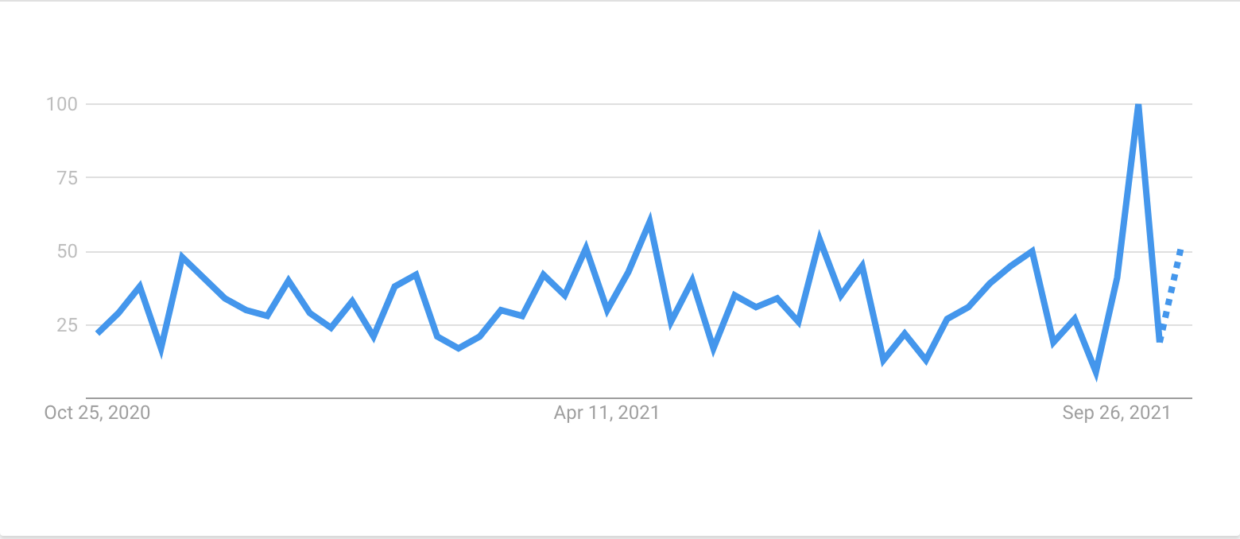
Actually, donating a kidney is good.
For the last three weeks, the literary internet has taken pretty much every stance possible on “Who Is the Bad Art Friend,” the saga of a writer lifting a Facebook post a writing acquaintance posted about donating her kidney and putting it in a short story about a delusional, white savior-ish kidney donor. (Legal battles and excoriation of groupchats followed.) Some think Dawn (kidney donor) is the bad art friend; some think it’s Sonya. The lesson of “Bad Art Friend” is Cover your tracks when writing fiction about real people; or it’s Never pitch articles about yourself; or it’s Don’t extensively insult your acquaintances in group chats lest they be subpoenaed; or it’s The conflation of friendship and professional connection that the writing world necessitates isn’t good for anyone. But before the conversation ends, I’d like to take a stance that I haven’t seen yet—I’d like to speak out for a neutral party that has been unfairly tarred with the Bad Art Friend brush. Bravely, I posit this: kidney donation is actually good.
Dawn Dorland is weird, and she donated a kidney, and many took this as further proof of her weirdness. In the offending story, “The Kindest,” the kidney donor decides to give up her kidney after watching “a documentary about altruistic kidney donation”: for her, donation is a vanity project. In Bad Art Friend world, a world populated by writers who pay for classes to further their careers and who teach classes to further their farther-along careers, kidney donation is read as a symptom of narcissism—what kind of person would spend all that time and effort to donate a kidney? the logic goes. Someone with a hero complex?
Well—who cares? Dorland’s heavily-speculated-about motives for donating her kidney (which in my opinion seem to be completely well-intentioned) don’t matter that much. A donor’s reasons for donating a kidney don’t affect the kidney itself. A kidney from someone you think is weird is still a kidney. (Cut to me 60 years from now cutting out my kidney in the bathtub because I learned my donor is annoying.) People do altruistic deeds for all sorts of self-serving reasons—but they have a net positive effect. And, in reality, kidney recipients aren’t obligated to meet their donors. Hooray!
So, let’s not subconsciously retcon kidney donation as cringe. Donors’ underlying motives could be self-serving, or they could be generous—or both—but at the end of the day, the action is other-oriented. Fear of virtue signaling or being seen as “performative,” though a useful self-regulator in moderation, can stop people from taking significant positive actions and influencing others to do so. It’s concretely good to save a life, and over 5000 were saved in 2020 from kidney transplants. We can start policing donors’ behavior after the kidney is safely in the recipient’s torso. (And we certainly have.)
But, who knows—maybe the story actually made more people donate kidneys, unless the spike in searches for “kidney donation” was caused by mocking Googling. Thanks, art friends!

Walker Caplan
Walker Caplan is a Staff Writer at Lit Hub and a writer/performer from Seattle.



















